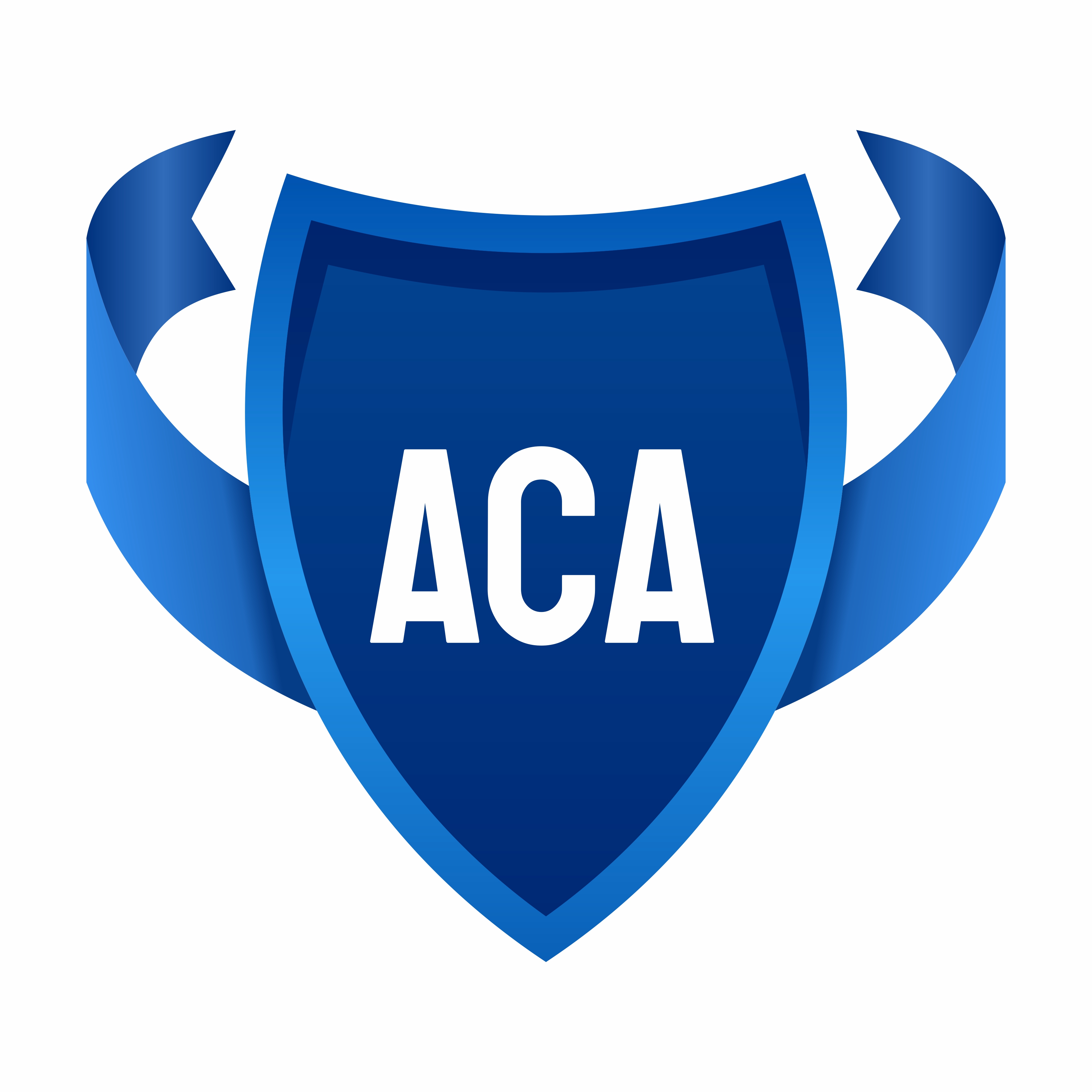CISA certification is designed for professionals who assess and control an organization’s information systems. The certification provides assurance to employers that the certified professional possesses the knowledge, skills, and experience required to identify vulnerabilities, ensure compliance, and institute controls within the enterprise. CISA exam is rigorous and tests candidates across five key domains. These domains reflect the job responsibilities of IT auditors and are regularly updated to align with changes in the IT and business environments.
Exam Topics & Weightage
Information Systems Auditing Process – 18%
- This domain emphasizes the fundamentals of conducting audits in accordance with ISACA’s standards. It includes:
- Planning and performing audits
- Communicating audit results
- Ensuring follow-up actions
Governance and Management of IT – 18%
Here, the focus is on ensuring that IT supports the organization’s objectives. Key areas include:
- IT governance frameworks
- Organizational structures and processes
- Strategic planning and resource management
Information Systems Acquisition, Development, and Implementation – 12%
This domain assesses the auditing of processes involved in acquiring, developing, and implementing IT solutions. It includes:
- Project management practices
- Development methodologies
- Business case evaluation and system implementation controls
Information Systems Operations and Business Resilience – 26%
This is the most heavily weighted domain, focusing on:
- Service management
- Job scheduling and system performance
- Incident handling
- Business continuity and disaster recovery
Protection of Information Assets – 26%
This domain covers the critical area of information security and access control. It includes:
- Security controls
- Data privacy
- User access provisioning and identity management
- Physical and environmental protection
Exam Format and Delivery
Number of Questions: 150 multiple-choice questions
Duration: 4 hours
Mode: Computer-based testing (CBT) via PSI test centers or online remote proctoring
Scoring: A scaled score from 200 to 800. A passing score is 450.
Availability: Continuous testing throughout the year
Eligibility Requirements
While anyone can take the CISA exam, to become certified, candidates must meet specific requirements:
1. Work Experience
Minimum five years of professional experience in information systems auditing, control, or security
A maximum of three years may be substituted with:
A bachelor’s degree or equivalent
Other professional certifications such as CISSP, CISM, or a master’s degree in related areas
2. Exam Pass
Must pass the CISA exam within the last five years
3. Code of Ethics
Agree to abide by ISACA’s Code of Professional Ethics and adhere to the Information Systems Auditing Standards
4. Application Process
Submit an application and pay a US$50 processing fee
Application must be submitted within five years of passing the exam
Maintaining the CISA Certification
CISA credential is valid only if maintained through continuing education and adherence to professional ethics.
- Continuing Professional Education (CPE)
- Earn a minimum of 20 CPE hours annually
- Accumulate at least 120 CPE hours every 3 year
- Annual Maintenance Fee
- US$45 for ISACA members
- US$85 for non-members
Why Choose the CISA Certification?
The CISA certification is ideal for professionals such as:
- IT Auditors
- Security Consultants
- Audit Managers
- Risk and Compliance Analysts
- Systems Control Officers
It enhances professional credibility, opens doors to global career opportunities, and increases earning potential. According to ISACA’s salary survey, CISA-certified professionals often earn significantly higher salaries than their non-certified peers.
Conclusion
The CISA certification from ISACA is a gold standard for IT audit professionals. With its focus on auditing standards, governance, system development, and security controls, it prepares individuals to lead with confidence in complex IT environments. If you’re aspiring to advance in the fields of auditing, information assurance, or cybersecurity governance, investing in the CISA credential is a strategic move that will pay dividends throughout your career.
